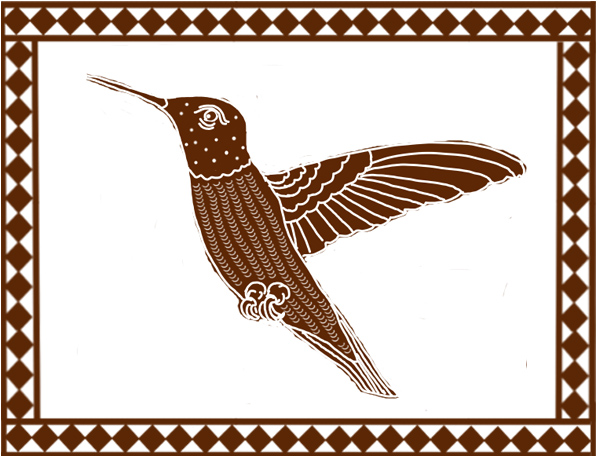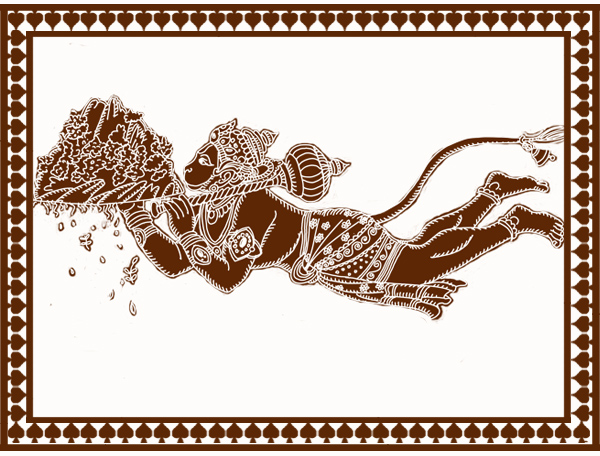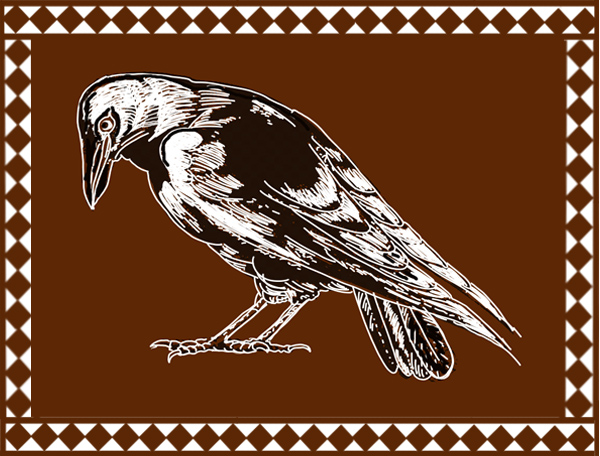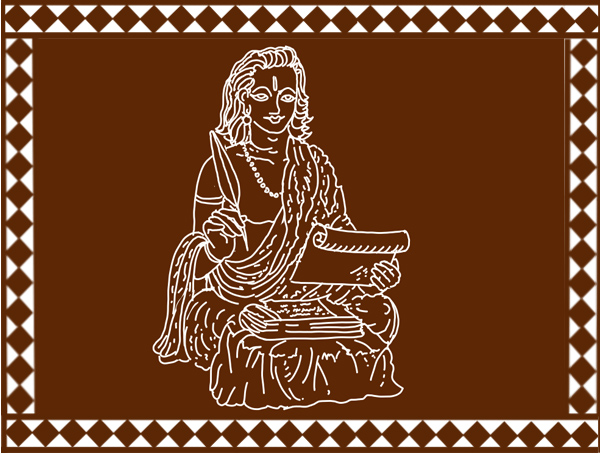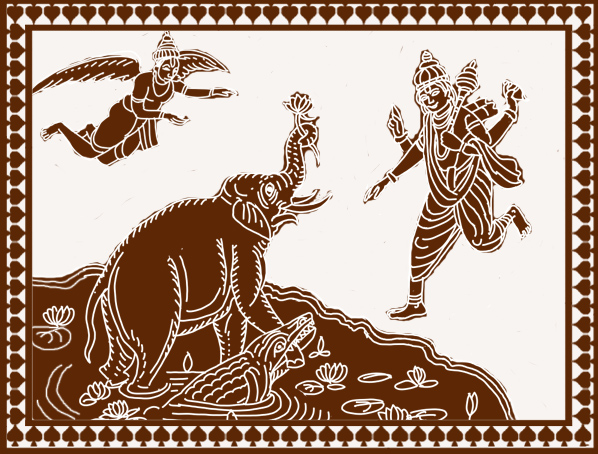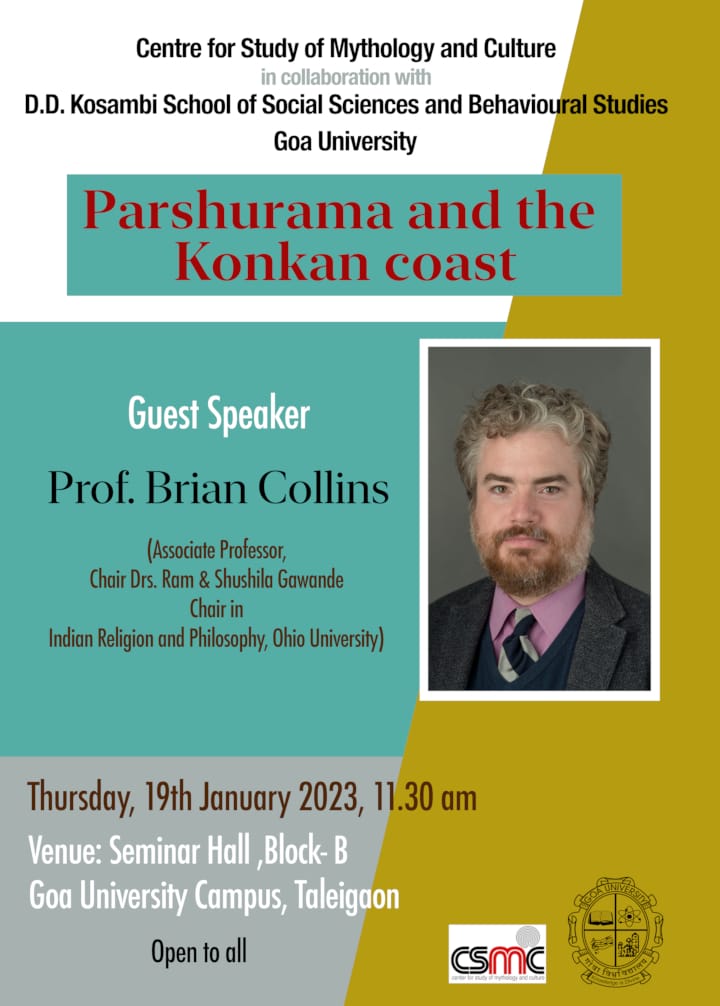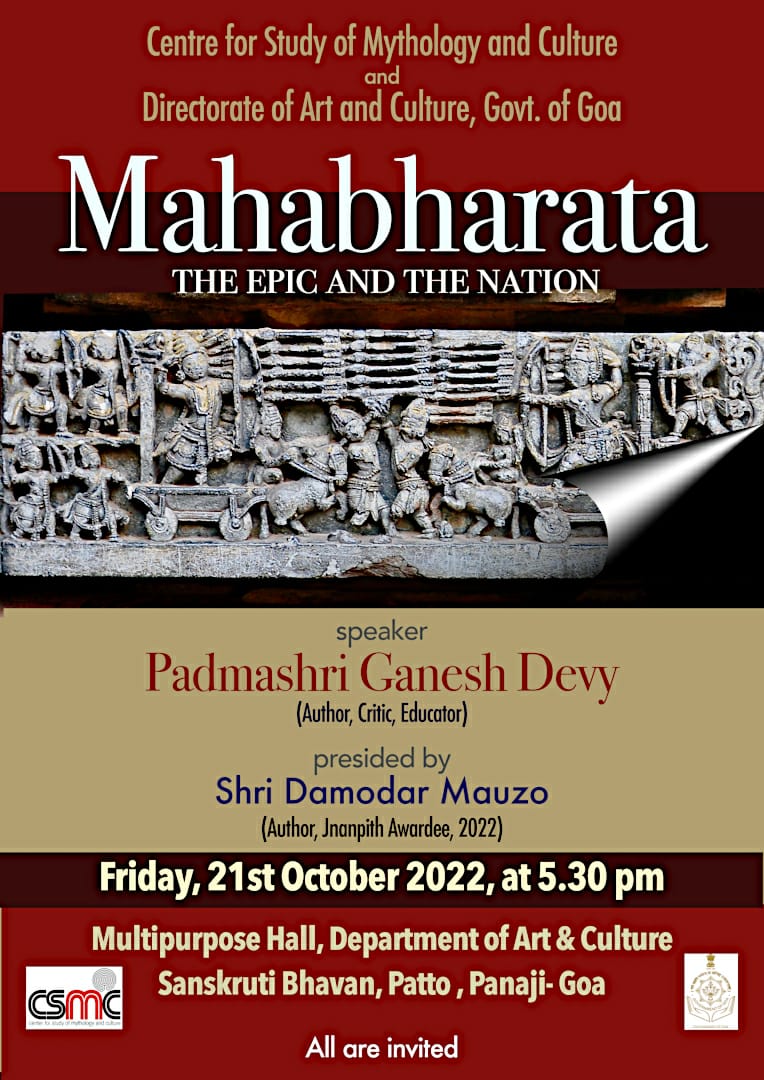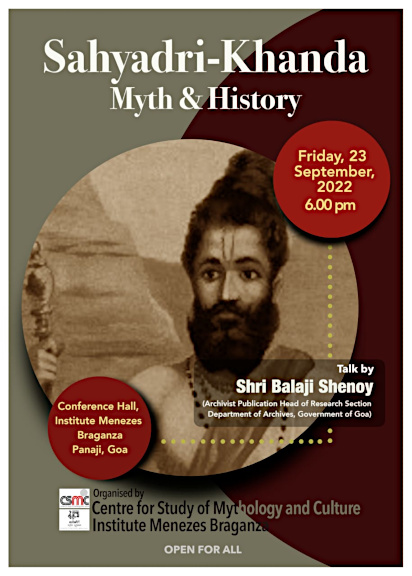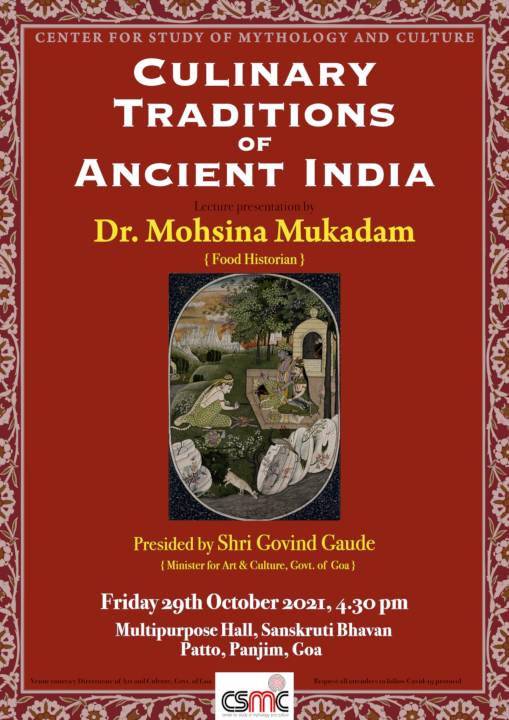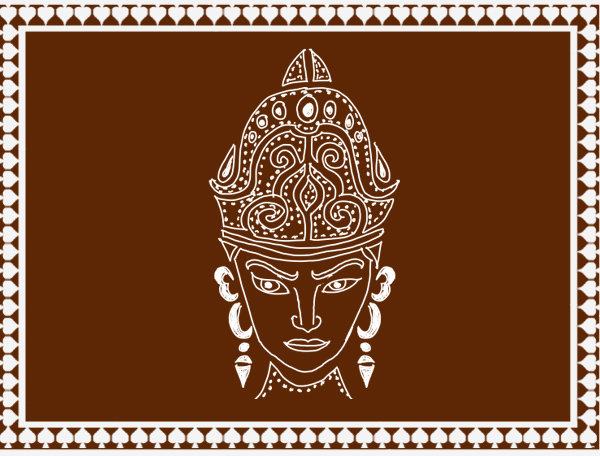
The story of Shikhandin from the epic Mahabharata is particularly intriguing because it highlights his trans-transgender disposition. Born as a girl child to Drupad the king of Panchal, and named Shikhandini, she goes on to live the life of a male archer eventually killing the great teacher Bhishma. In Mahabharata Shikhandin’s trans-gender state is attributed to the story of Amba who takes revenge on Bhishma. Here is another version that explains Shikhandin’s story of gender transformation.
According to the South Indian version of Panchatantra, there was king who was childless for many years. After performing many vows and sacrifices, his wife finally bore him children. But to his disappointment all the children were girls and the King longed for a boy. Frustrated the King decided to abandon his queen and remarry so that he could get a baby boy and the heir to his kingdom. But as the queen was pregnant again with a child, his minister pleaded with him to wait till she delivered, as the astrologer had predicated that the heir to the King would be born this time.The King agreed to wait.
But alas! Once again it was a baby girl. The minister was distraught and worried and he decided to hide the baby girl and sent the astrologer to the King with the news that a baby boy was born, but as the birth was during an inauspicious moment, the father should not see the face his child for the next sixteen years. Else, it would cause grave danger to the King’s life. Thus the baby girl grew up in the palace hidden from the view of everyone.
As soon as the prescribed fifteen years passed, the minister approached the King and said” Oh King! Our prince has grown into a handsome young man and we need to find a suitable girl for him before he turns sixteen. Please allow me to approach the neighbouring King for his eligible daughter.” The minister then marched to the neighbouring kingdom and asked the King to surrender his daughter for the prince, and the neighbouring King gladly agreed.
Meanwhile back at the palace a Brahmarakshasa who happened to see the beautiful hidden princess fell madly in love with her and begged the minister to allow a meeting with her. The cunning minister said “Well ! Brahmarakshasa, I can allow you to meet her but only on the condition that you will exchange your manhood with the princess for the coming six days.” Bhrahmarakshasa agreed and thus Bhrahmarakshasa turned into woman and the princess turned into a man. Minister immediately arranged the wedding of the ‘prince’ with the daughter of the neighbouring King.
The six days of the agreement passed and the ‘prince’ had to return his manhood to Brahmarakshasa and take back the womanhood. The Prince with a heavy heart went to Brahmarakshasa and said “ Oh Brahmarakshasa , here I have come to return your manhood as we had agreed. You can turn me back into a woman again.” But to his surprise Brahmarakshasa begged him to continue as a man. “ Oh prince I beg of you to allow me remain in my current female form. I am now madly in love with another man and pregnant with his child. There is no way I can turn back into a man in this state. So please.”
The Prince returned joyfully to the palace as a man and took the reigns of the country as the new King.
The story goes on to state, it was the same Bramharakshasa who was born as Shikhandin in his next birth.
Story collected by : Vidya Kamat
Source: Tamil Temple Myths By David Dean Shulman
Location : Tamil Nadu
Image Copyright: Vidya Kamat







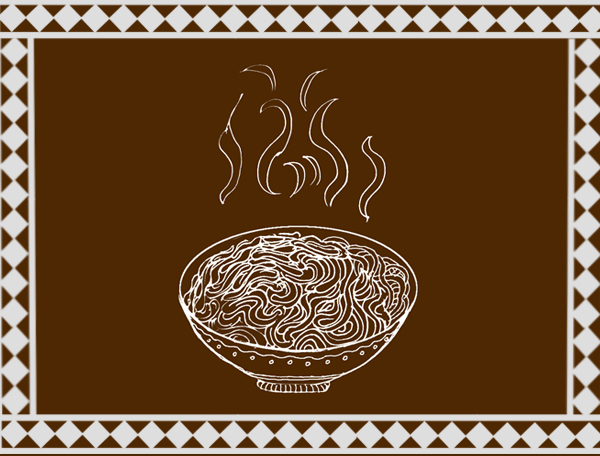
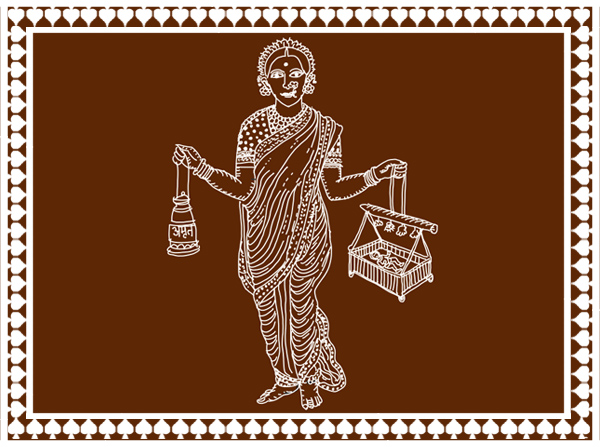
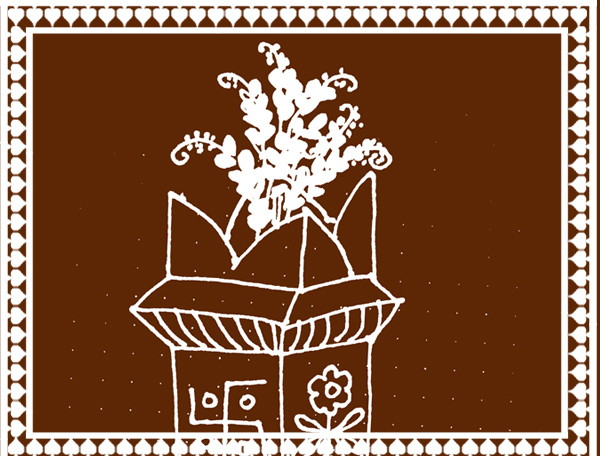
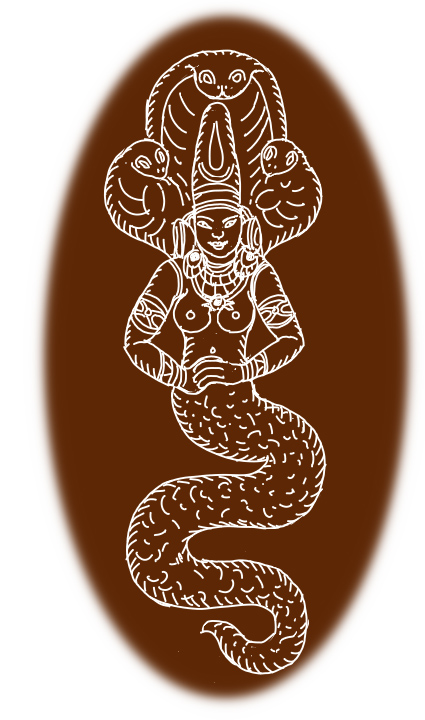 In many folk traditions in India the first creator is always the Mother- nature.
In many folk traditions in India the first creator is always the Mother- nature.